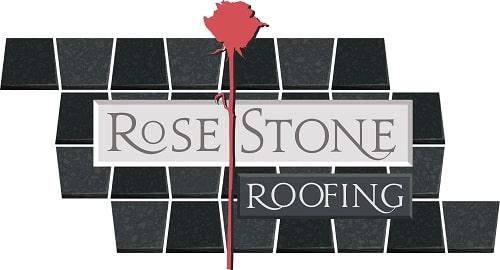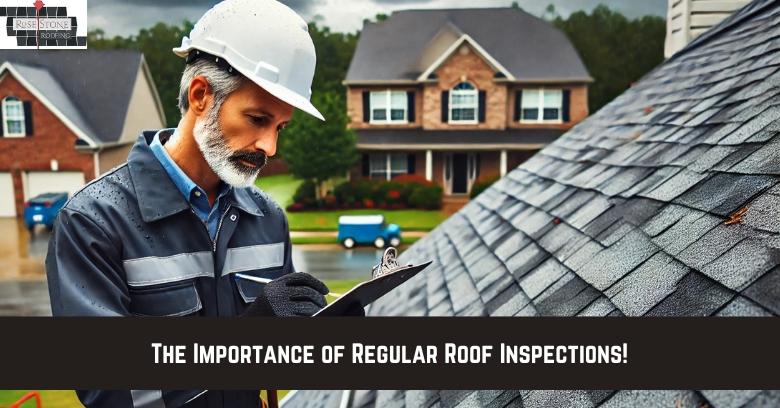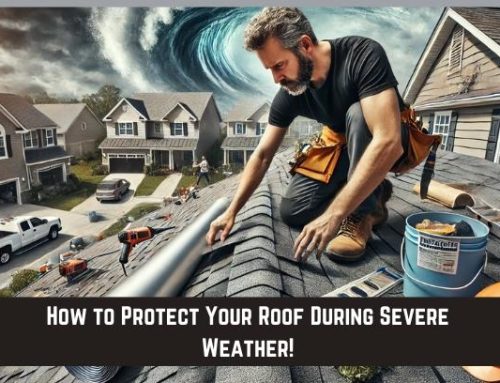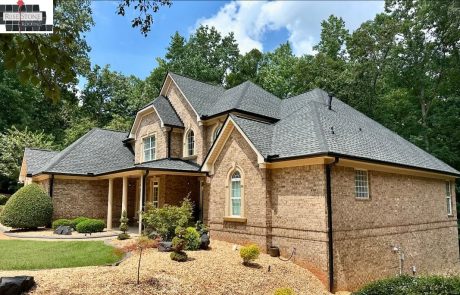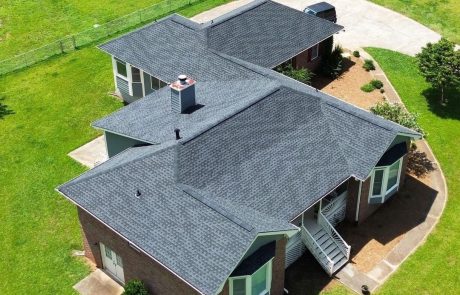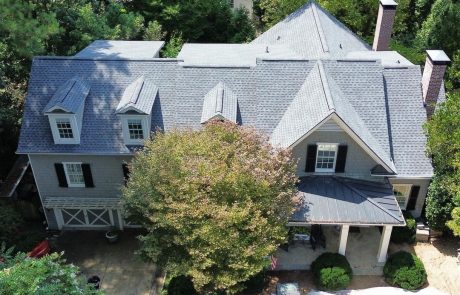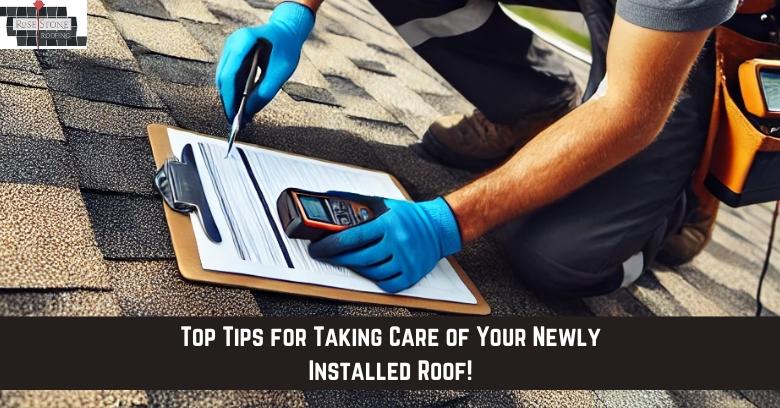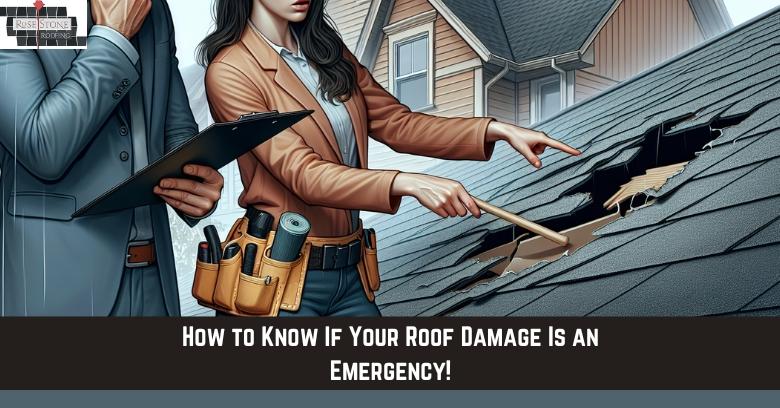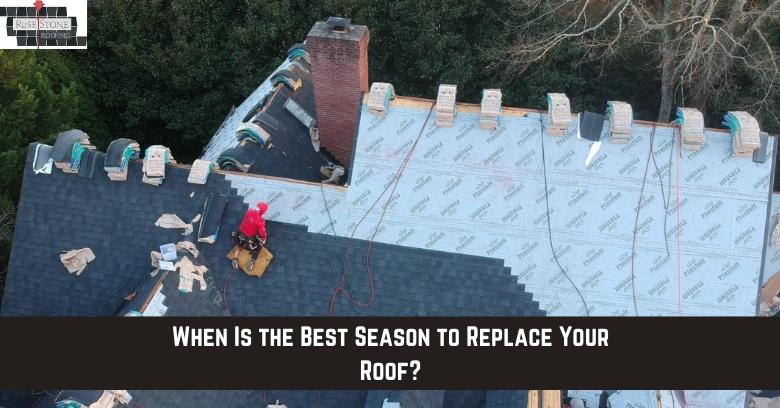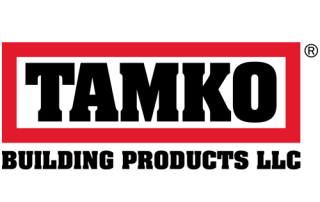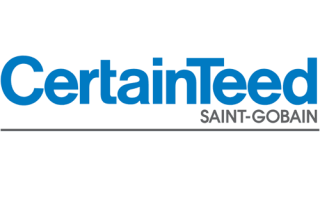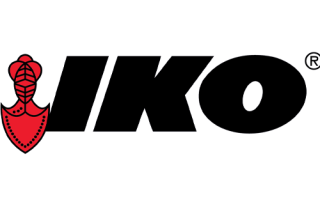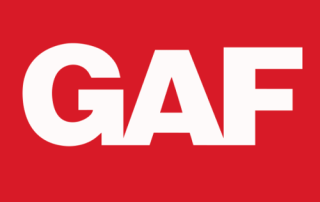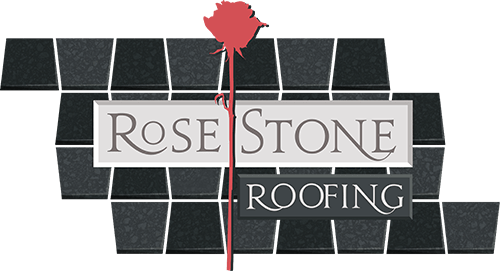In the vibrant and growing community of Chamblee, Georgia, roofs stand as silent sentinels against the region's unpredictable weather.
A roof's resilience is constantly tested, from scorching summers to sudden thunderstorms.
These protective guardians shield homes and families but require consistent care to maintain their strength.
Regular roof inspections are not just a maintenance task but an investment in safety, property value, and peace of mind.
Why Regular Roof Inspections Matter
Routine roof inspections are the first line of defense against expensive and unforeseen roofing problems.
Like regular health check-ups help prevent medical emergencies, roof inspections catch minor issues before they escalate.
A loose shingle today could become a major leak tomorrow, causing costly damage to your home's structure and interior.
For homeowners and property managers in Chamblee, scheduling regular inspections demonstrates proactive care.
This not only saves money on potential repairs but also prolongs the lifespan of the roof.
A well-maintained roof adds to a property's value, boosts curb appeal, and ensures safety during Georgia's varied weather conditions.
Key Components of a Roof Inspection
A thorough roof inspection involves more than just a quick glance at the shingles.
Professionals follow a comprehensive process to ensure every aspect of the roof is functioning correctly:
-
Visual Assessment of Roofing Materials - Inspectors begin by evaluating shingles or tiles for visible damage such as cracking, curling, blistering, or missing pieces. Signs of granule loss in asphalt shingles, for instance, indicate aging or weather-related wear.
-
Inspection of Flashing and Joints - Flashing, often made of metal, seals vulnerable areas such as roof valleys, chimneys, and skylights. Inspectors ensure these protective barriers remain intact to prevent water infiltration. Damaged or corroded flashing is a common culprit behind leaks.
-
Checking Gutters and Downspouts - Gutters and downspouts are crucial for directing water away from the roof and foundation. Inspectors clear debris, check for clogs and ensure water flows freely. Poor drainage can lead to pooling water and edge damage.
-
Assessing Attic and Ventilation Systems - An attic's ventilation directly impacts the health of your roof. Inspectors check for proper airflow to reduce moisture buildup, which can lead to mold growth and shorten the lifespan of roofing materials. A poorly ventilated attic can also cause ice dams in winter and increase energy bills year-round.
-
Assessing Structural Soundness - Inspectors evaluate the roof's structural integrity by checking the roof deck for sagging, soft spots, or warping that may indicate water damage. Rafters and beams are inspected for cracks, rot, or pest damage, while rooflines are checked for dips or bulges that could signal foundational issues. Interior ceilings and walls are also examined for cracks or stains, which may point to hidden leaks or structural stress. Addressing these issues ensures the roof remains safe and durable.
Common Roofing Problems in Chamblee, Georgia
Chamblee's climate presents unique challenges to roofs. Intense summer heat, heavy rainstorms, occasional hail, and high winds can cause significant wear and tear.
Common roofing issues include:
- Weather Damage: Hail can dent shingles, while high winds may lift or tear them off.
- Aging Materials: Over time, even the sturdiest roofing materials degrade, leading to leaks and structural weakness.
- Pest Infestation: Local wildlife, such as birds, squirrels, and insects, can nest in roofs, causing damage to shingles, soffits, and eaves.
- Tree Debris: Overhanging branches can scrape the roof, and fallen leaves may clog gutters, contributing to water damage.
When to Schedule Roof Inspections
The ideal schedule for roof inspections is twice a year—once in the spring to prepare for summer storms and again in the fall to ensure readiness for winter weather.
Additionally, roofing inspections should be scheduled:
- After severe weather events like hailstorms or strong winds.
- If you notice visible damage, leaks, or water stains inside your home.
- Before purchasing or selling a property to assess the condition of the roof.
Regular inspections also help you comply with insurance requirements and local building codes, protecting your investment.
Benefits of Hiring Professional Roofing Companies for Inspections
Engaging a professional roofing company brings peace of mind and ensures your roof receives expert attention.
Local roofing experts in Chamblee have specialized knowledge of the region's weather challenges, enabling them to diagnose problems accurately and recommend effective solutions.
Professionals use advanced tools to detect issues that might go unnoticed by the untrained eye, such as hidden leaks or subtle structural weaknesses.
Their experience guarantees safety during the inspection process and high-quality workmanship when repairs are needed.
Choosing the Right Roofing Company
Selecting the best roofing contractor requires careful research.
Consider the following:
- Accreditations and Certifications: Ensure the company is licensed, insured, and certified by reputable organizations.
- Local Experience: Contractors familiar with Chamblee's climate and building codes are better equipped to address specific challenges.
- Customer Reviews: Look for positive feedback and testimonials from previous clients.
- Warranties and Guarantees: Reliable companies stand behind their work with warranties on materials and labor.
When interviewing potential contractors, ask about their experience with specific roofing materials, their safety protocols, and their approach to addressing common regional issues.
Conclusion
Regular roof inspections are a simple yet essential practice that protects your home, saves money, and extends the life of your roof.
For residents of Chamblee, where weather can be unpredictable, partnering with a professional roofing company ensures your roof remains robust and reliable.
Don't wait for minor issues to become costly problems—schedule your roof inspection today.
By prioritizing regular maintenance, you invest in your home's safety, value, and longevity.
Key Takeaways
- Regular inspections are critical for early problem detection and financial savings.
- Evaluating components such as materials and ventilation ensures robust roofing.
- Professional roofers provide expertise, safety, and quality assurance.
FAQs
1. How often should I have my roof inspected?
- Ideally, every spring and fall, and also after significant weather events.
2. Are roof inspections expensive?
- Generally, roof inspections are very affordable. They are considered an investment toward preventing costly repairs.
3. Can I perform a roof inspection myself?
- While general checks are feasible, professional assessments are advisable for thoroughness and safety.
4. What signs indicate my roof needs inspection?
- Leaks, missing shingles, visible damage, and post-storm conditions warrant inspection.
5. What do professional inspectors look for?
- Shingle integrity, flashing condition, gutter performance, and attic ventilation.
6. Is roof inspection required for homeowner's insurance?
- Often, it's encouraged. Check with your insurance provider for specific terms.
7. How do weather conditions in Chamblee affect roofs?
- Heat, humidity, storms, and hail impose significant wear, necessitating regular checks.
8. What certifications should a roofing company have?
- Look for credentials like GAF certification or BBB accreditation for assurance.
9. Do roofing inspections include cost estimates for repairs?
- Usually, they do. Inspectors provide detailed reports and repair estimates.
10. Can regular inspections increase my roof's lifespan?
- Yes, catching and addressing minor issues early can significantly prolong lifespan.
